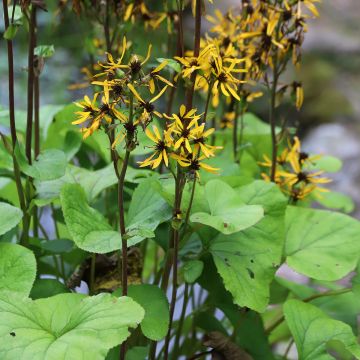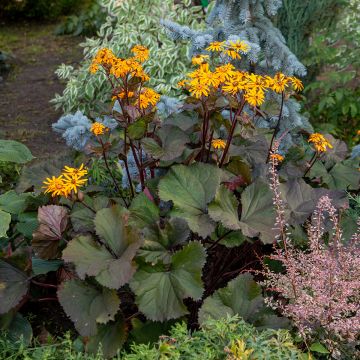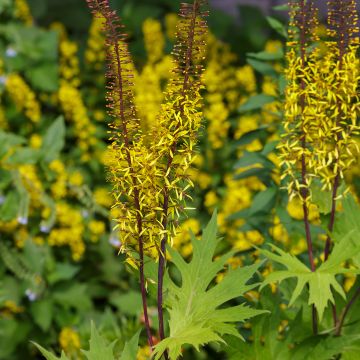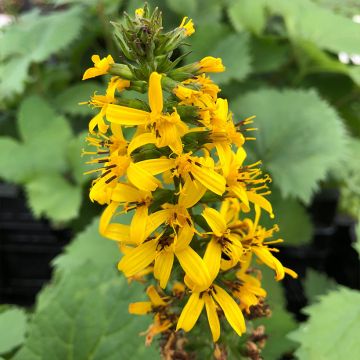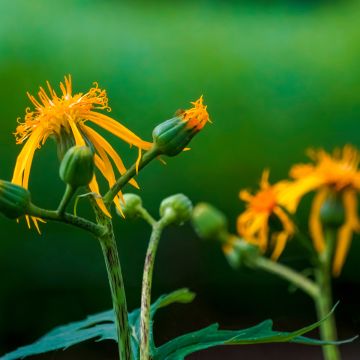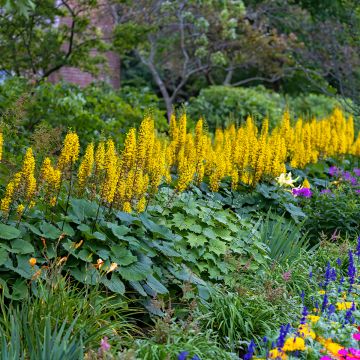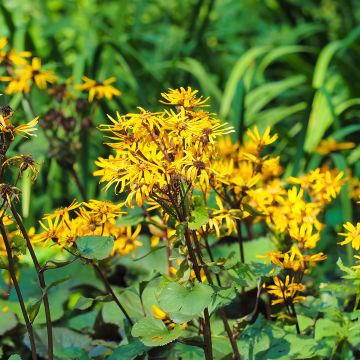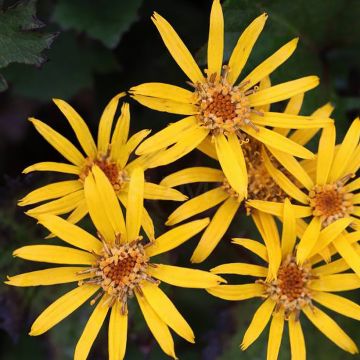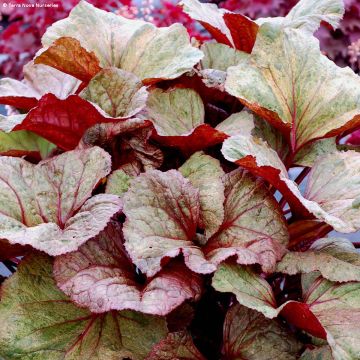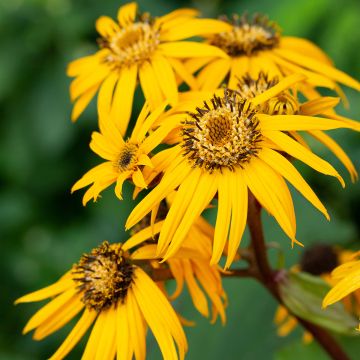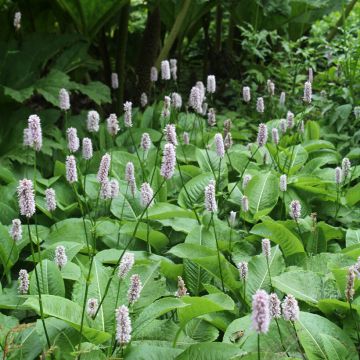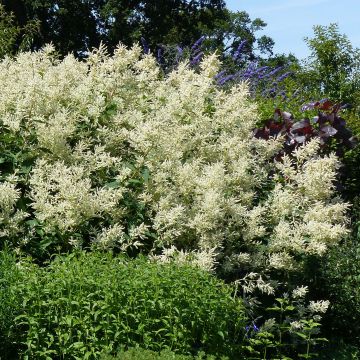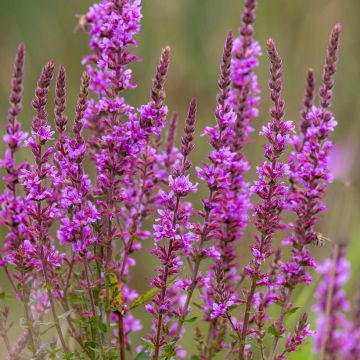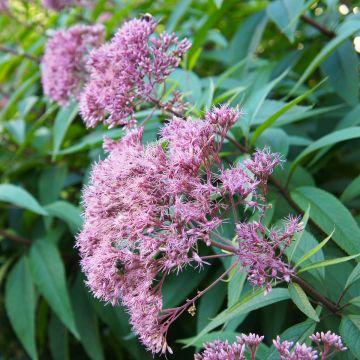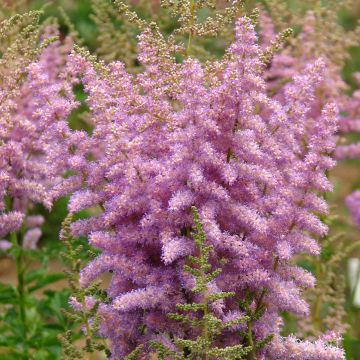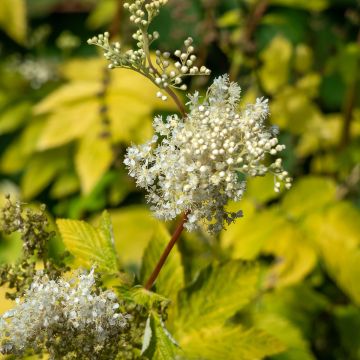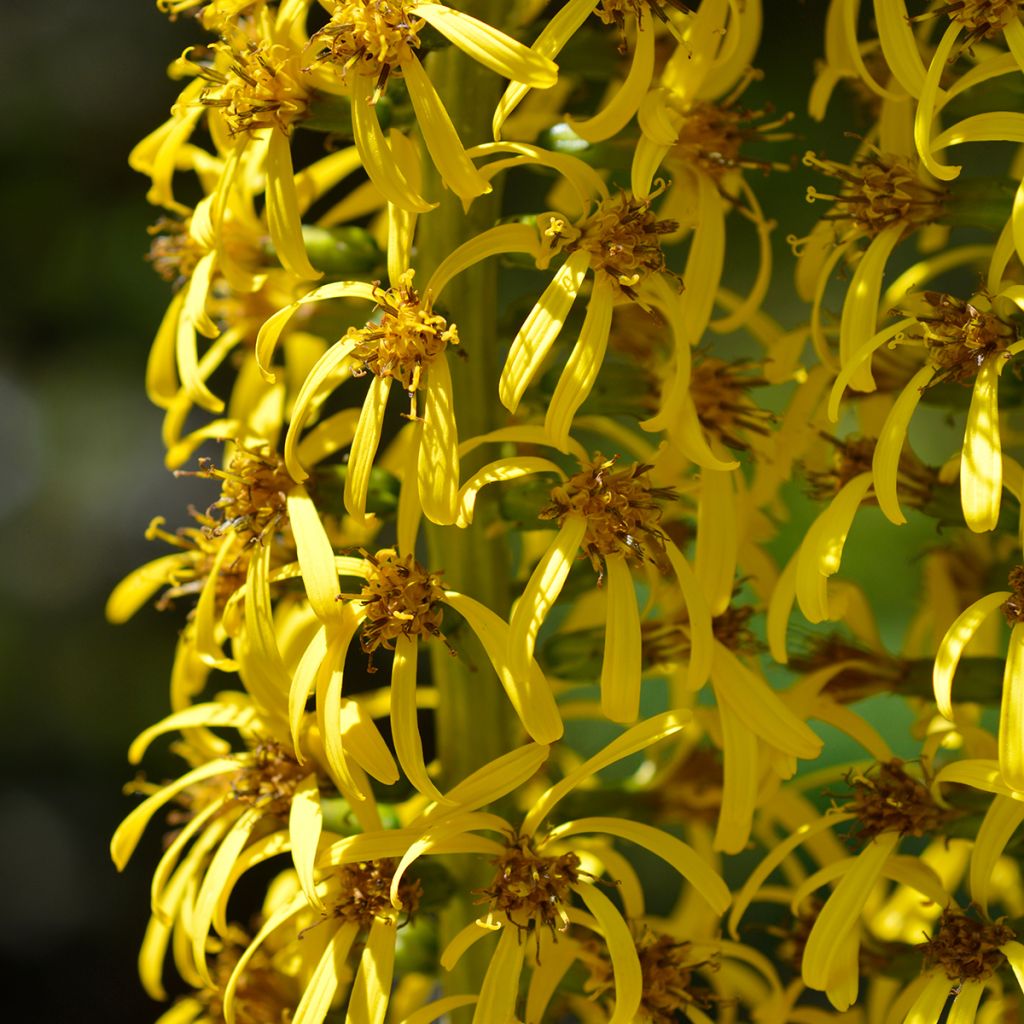

Ligularia wilsoniana - Leopard Plant
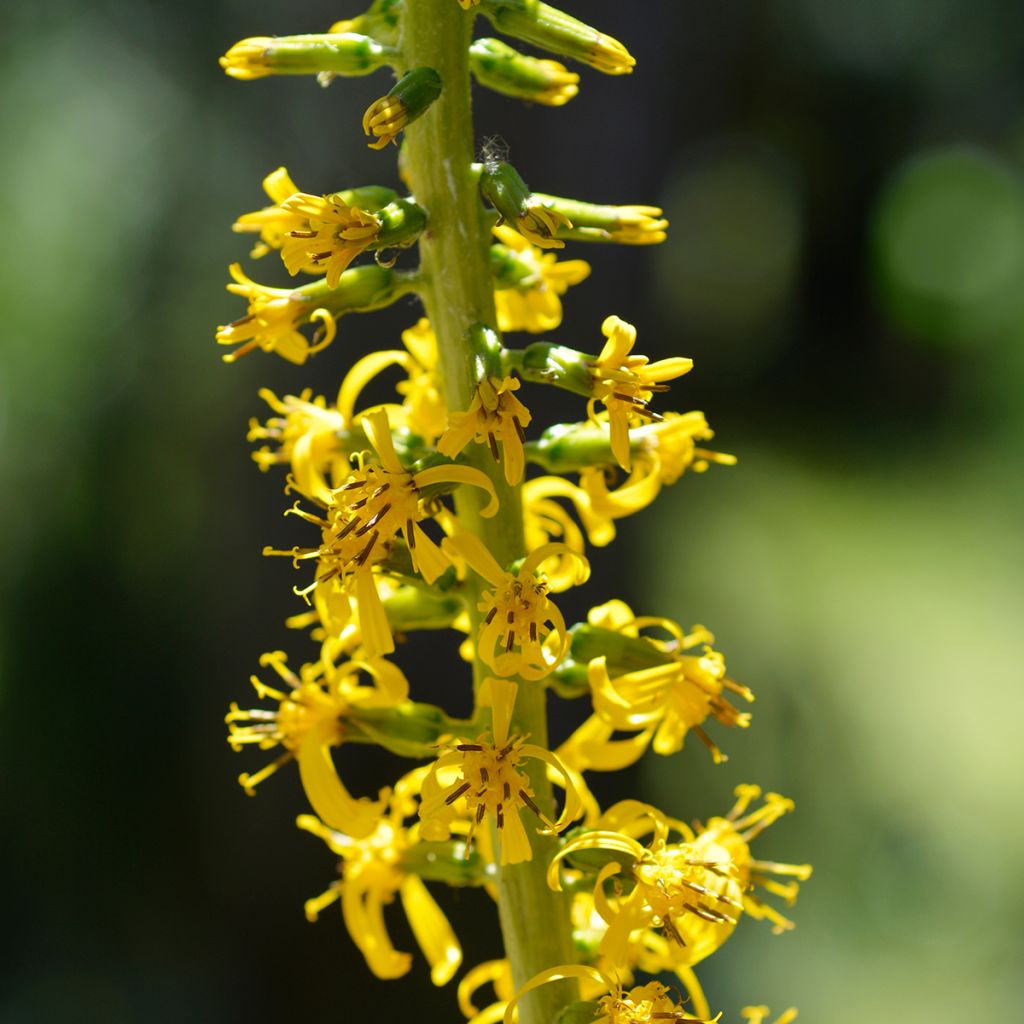

Ligularia wilsoniana - Leopard Plant
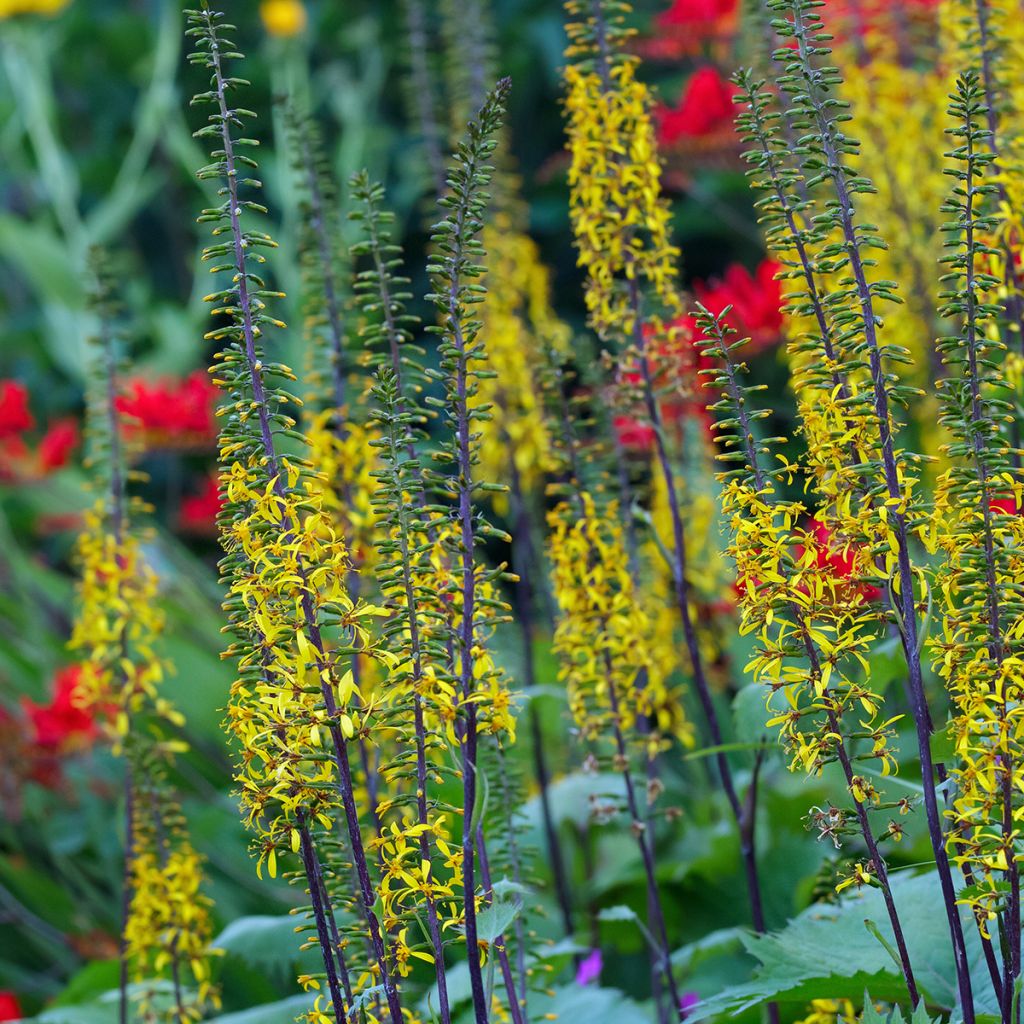

Ligularia wilsoniana - Leopard Plant
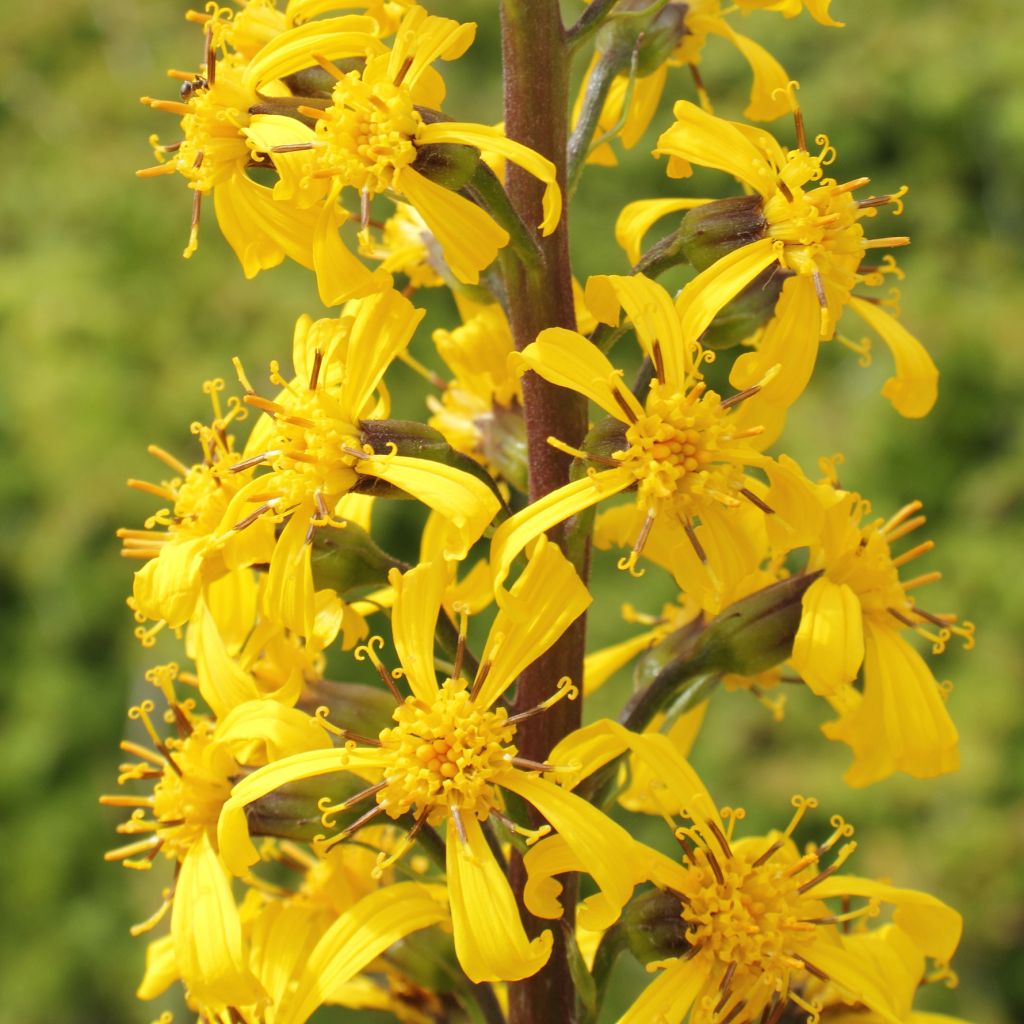

Ligularia wilsoniana - Leopard Plant
Ligularia wilsoniana - Leopard Plant
Ligularia wilsoniana
Wilsons leopard plant
Many leaves were broken when I opened the box.
Valerie, 20/05/2020
Special offer!
Receive a €20 voucher for any order over €90 (excluding delivery costs, credit notes, and plastic-free options)!
1- Add your favorite plants to your cart.
2- Once you have reached €90, confirm your order (you can even choose the delivery date!).
3- As soon as your order is shipped, you will receive an email containing your voucher code, valid for 3 months (90 days).
Your voucher is unique and can only be used once, for any order with a minimum value of €20, excluding delivery costs.
Can be combined with other current offers, non-divisible and non-refundable.
Why not try an alternative variety in stock?
View all →This plant carries a 12 months recovery warranty
More information
We guarantee the quality of our plants for a full growing cycle, and will replace at our expense any plant that fails to recover under normal climatic and planting conditions.

Would this plant suit my garden?
Set up your Plantfit profile →
Description
The Ligularia wilsoniana is an impressive and majestic ornamental plant, with a giant-like appearance. Its spectacular medium green decorative foliage is dominated, from summer to autumn, by long stems of bright yellow flowers, grouped in pyramidal clusters. A robust perennial plant with a large development, loving coolness, shade and humidity, this Ligularia is a structuring and luxuriant plant, of the most beautiful effect in the shaded and humid areas of the garden!
This Ligularia is an Asteraceae native to central China. This variety is a vigorous herbaceous perennial plant forming a massive tuft, with broad basal leaves, from 60 to 80 cm (24 to 32in), more or less heart-shaped, and strongly toothed. Its deciduous medium green foliage, tough, textured and luxuriant, has very high decorative qualities. It measures up to 2 meters (7 feet) in height with a spread of about one meter. From July to September, tall slender stems rise above the foliage, carrying pyramidal clusters of bright yellow flowers, with a very wide corolla diameter of 7 to 8 cm (3in). The flowering of this Ligularia attracts many pollinating insects.
The etymology of the word Ligularia comes from the Latin ligula, meaning strap, alluding to the ligules or corollas composing the flowers.
Wilsoniana was attributed to it in honor of Ernest Henry Wilson (1876-1930), a famous English botanist who discovered many species of Asian origin during his numerous travels in Asia.
With great longevity, vigor and high cold resistance, this Ligularia The Rocket appreciates moist soils, even clayey ones, and partial shade, or even complete shade. Forming an imposing, dense and compact mass, measuring 80 cm (32in) to 1 m (3ft) in all directions, excluding flowering, its magnificent foliage will create a sensation in the garden, in shaded and humid areas. This magnificent ornamental plant will be particularly suitable for pond borders (pond, ditch, basin, stream). It can be planted as a solitary plant or in groups of 3 to 5 specimens, combining different varieties of Ligularia. It will also be ideally placed in flower beds or mixed borders, tolerating even a semi-sunny to sunny position, as long as the soil remains moist and fresh, a necessary condition for the development of its generous foliage. Slowly establishing itself, it takes two to three years for this Ligularia to reach its adult size. It will be the perfect companion for many shade and bank perennial plants such as the Campanula lactiflora, Hosta, Rodgersia, Kirengeshoma, Astilbe, Pigamon, Le Soleil Vivace, Siberian Veronica, Marsh Spurge, or Iris chrysographes. It will also work wonders when planted in a large container, while remaining very vigilant about the constant moisture of its substrate.
Report an error about the product description
Ligularia wilsoniana - Leopard Plant in pictures
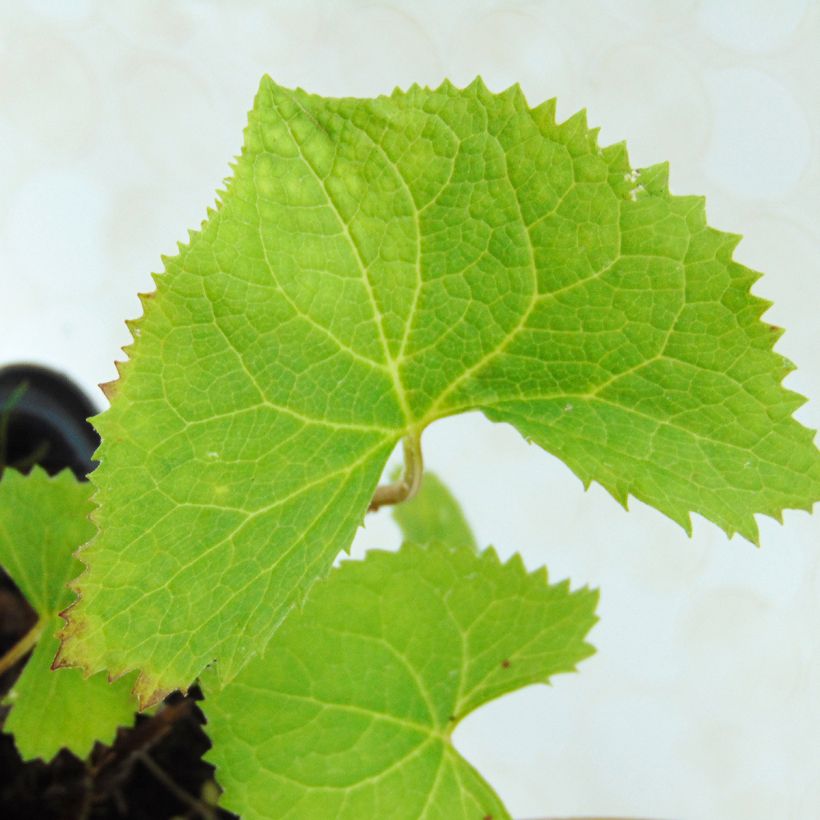

Flowering
Foliage
Plant habit
Botanical data
Ligularia
wilsoniana
Asteracées
Wilsons leopard plant
China
Other Ligularia
View all →Planting and care
Planting period
Intended location
Care
-
, onOrder confirmed
Reply from on Promesse de fleurs
Similar products
Haven't found what you were looking for?
Hardiness is the lowest winter temperature a plant can endure without suffering serious damage or even dying. However, hardiness is affected by location (a sheltered area, such as a patio), protection (winter cover) and soil type (hardiness is improved by well-drained soil).

Photo Sharing Terms & Conditions
In order to encourage gardeners to interact and share their experiences, Promesse de fleurs offers various media enabling content to be uploaded onto its Site - in particular via the ‘Photo sharing’ module.
The User agrees to refrain from:
- Posting any content that is illegal, prejudicial, insulting, racist, inciteful to hatred, revisionist, contrary to public decency, that infringes on privacy or on the privacy rights of third parties, in particular the publicity rights of persons and goods, intellectual property rights, or the right to privacy.
- Submitting content on behalf of a third party;
- Impersonate the identity of a third party and/or publish any personal information about a third party;
In general, the User undertakes to refrain from any unethical behaviour.
All Content (in particular text, comments, files, images, photos, videos, creative works, etc.), which may be subject to property or intellectual property rights, image or other private rights, shall remain the property of the User, subject to the limited rights granted by the terms of the licence granted by Promesse de fleurs as stated below. Users are at liberty to publish or not to publish such Content on the Site, notably via the ‘Photo Sharing’ facility, and accept that this Content shall be made public and freely accessible, notably on the Internet.
Users further acknowledge, undertake to have ,and guarantee that they hold all necessary rights and permissions to publish such material on the Site, in particular with regard to the legislation in force pertaining to any privacy, property, intellectual property, image, or contractual rights, or rights of any other nature. By publishing such Content on the Site, Users acknowledge accepting full liability as publishers of the Content within the meaning of the law, and grant Promesse de fleurs, free of charge, an inclusive, worldwide licence for the said Content for the entire duration of its publication, including all reproduction, representation, up/downloading, displaying, performing, transmission, and storage rights.
Users also grant permission for their name to be linked to the Content and accept that this link may not always be made available.
By engaging in posting material, Users consent to their Content becoming automatically accessible on the Internet, in particular on other sites and/or blogs and/or web pages of the Promesse de fleurs site, including in particular social pages and the Promesse de fleurs catalogue.
Users may secure the removal of entrusted content free of charge by issuing a simple request via our contact form.
The flowering period indicated on our website applies to countries and regions located in USDA zone 8 (France, the United Kingdom, Ireland, the Netherlands, etc.)
It will vary according to where you live:
- In zones 9 to 10 (Italy, Spain, Greece, etc.), flowering will occur about 2 to 4 weeks earlier.
- In zones 6 to 7 (Germany, Poland, Slovenia, and lower mountainous regions), flowering will be delayed by 2 to 3 weeks.
- In zone 5 (Central Europe, Scandinavia), blooming will be delayed by 3 to 5 weeks.
In temperate climates, pruning of spring-flowering shrubs (forsythia, spireas, etc.) should be done just after flowering.
Pruning of summer-flowering shrubs (Indian Lilac, Perovskia, etc.) can be done in winter or spring.
In cold regions as well as with frost-sensitive plants, avoid pruning too early when severe frosts may still occur.
The planting period indicated on our website applies to countries and regions located in USDA zone 8 (France, United Kingdom, Ireland, Netherlands).
It will vary according to where you live:
- In Mediterranean zones (Marseille, Madrid, Milan, etc.), autumn and winter are the best planting periods.
- In continental zones (Strasbourg, Munich, Vienna, etc.), delay planting by 2 to 3 weeks in spring and bring it forward by 2 to 4 weeks in autumn.
- In mountainous regions (the Alps, Pyrenees, Carpathians, etc.), it is best to plant in late spring (May-June) or late summer (August-September).
The harvesting period indicated on our website applies to countries and regions in USDA zone 8 (France, England, Ireland, the Netherlands).
In colder areas (Scandinavia, Poland, Austria...) fruit and vegetable harvests are likely to be delayed by 3-4 weeks.
In warmer areas (Italy, Spain, Greece, etc.), harvesting will probably take place earlier, depending on weather conditions.
The sowing periods indicated on our website apply to countries and regions within USDA Zone 8 (France, UK, Ireland, Netherlands).
In colder areas (Scandinavia, Poland, Austria...), delay any outdoor sowing by 3-4 weeks, or sow under glass.
In warmer climes (Italy, Spain, Greece, etc.), bring outdoor sowing forward by a few weeks.






























